Activism
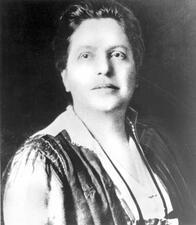
Lillian D. Wald
Guided by her vision of a unified humanity, Lillian D. Wald passionately dedicated herself to bettering the lives and working conditions of immigrants, women, and children. She founded the Henry Street Settlement in New York City and initiated America’s first public-school nursing program. A talented activist and administrator, Wald’s pathbreaking work continues to be memorialized.
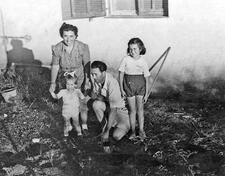
Yona Wallach
Regarded by many of her friends and colleagues as the most important among the young Israeli poets of the 1960s, Yona Wallach has had a profound effect on Israel’s cultural life ever since her works began to appear in periodicals in the early 1960s, despite her early death from cancer in 1985.
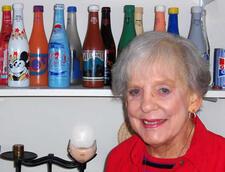
Mollie Wallick
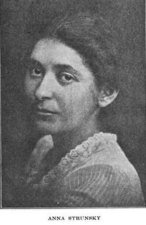
Anna Strunsky Walling
Anna Strunsky Walling was a Russian-born author, journalist, lecturer, and social activist. She produced several novels and memoirs and was involved in a number of political organizations, including the Socialist Labor Party and the National Association for the Advancement of Colored People, which she and her husband helped found.
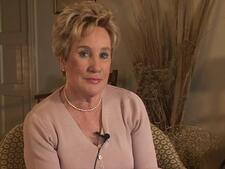
Miriam Waltzer
Marie Pichel Levinson Warner
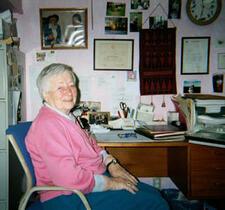
Gertrude Webb
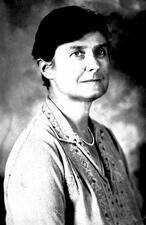
Gertrude Weil
A dedicated activist for women’s rights and racial equality, Gertrude Weil showed that local, small-scale political action could have far-reaching effects. Her decision to associate herself with a relatively radical social and political agenda was unusual for a southern woman and even more uncommon for a southern Jew. Weil, however, strayed from this norm, because she believed that women had a responsibility to participate in the political process.
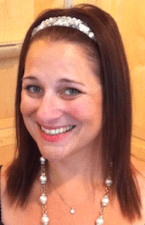
Jennifer Weiner

Randi Weingarten

Anita Weinstein
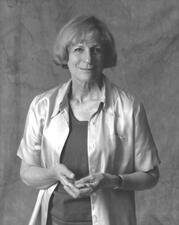
Ruth Weisberg
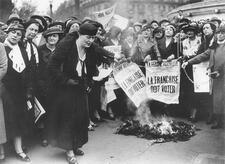
Louise Weiss
Considered an architect of European unity, Louise Weiss is best known for her campaigns on behalf of the peaceful resolution of international conflicts during the interwar years and the Cold War. She also worked on behalf of Jewish refugee rights in the late 1930s and was a leading feminist activist who focused on obtaining the right for French women to vote.
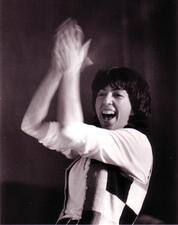
Naomi Weisstein
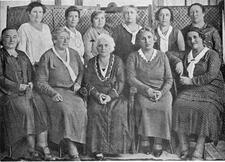
Rosa Welt-Straus
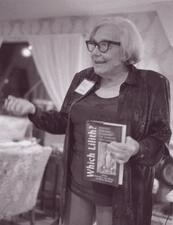
Henny Wenkart
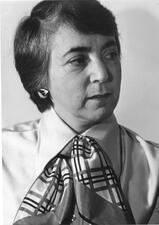
Barbara Mayer Wertheimer
Barbara Mayer Wertheimer gave a voice to the voiceless, empowering thousands of women union workers through her initiatives in the late 20th century. Wertheimer established the trade union women’s studies program in 1972 and developed several other academic programs, giving working women access to education and the ability to interact and organize with other union workers.
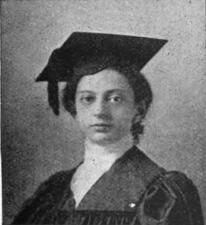
Rosalie Loew Whitney
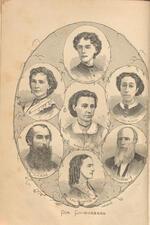
Cora Wilburn
Cora Wilburn was one of the most prolific American Jewish women writers of her time. Much of her work appeared in secular and Spiritualist publications, but during her final decades she published poetry in Jewish publications. Her autobiographical novel, Cosella Wayne, published serially in 1860, is the first coming-of-age novel to depict Jews in the United States.
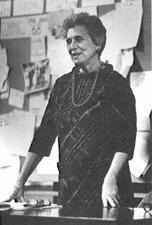
Pearl Willen
Pearl Willen was a twentieth-century social and human welfare activist and communal leader with a love for Jewish heritage. She had a lifelong record of service for such causes as civil rights, women’s rights, and the rights of workers.
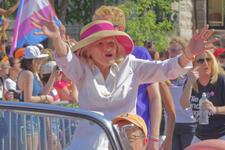
Edie Windsor
Before Edie Windsor became an LGBT activist, she was a computer programmer at IBM in the 1960s and a mentor to women in the field. When her joyous 44-year relationship with Thea Spyer ended with Thea’s death, Edie sued the federal government to recognize their marriage. She took her case all the way to the Supreme Court, winning recognition for the marriages of all same-sex couples in the U.S.
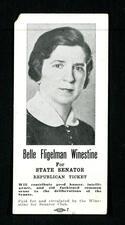
Belle Winestine
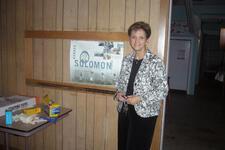
Carol Wise
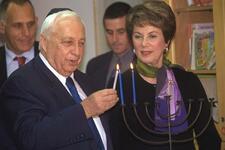
WIZO in Israel: 1970-2005
Frances Wolf
Frances Wolf was a pioneering lawyer who pushed for women’s bar admission in the early twentieth century. Of the approximately eighty women who were instrumental in opening up the legal profession for women in the United States, Frances Wolf was the first Jewish woman in that very select group.


